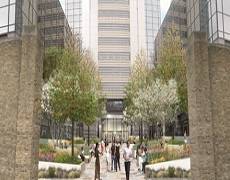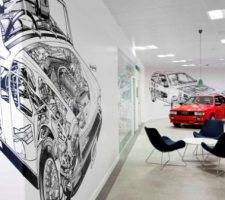December 10, 2014
We should bring the soft landings idea back to Earth with a bump
 Soft landings, hit the ground running, smooth handover, transition phase: whatever words you choose to describe the process the principle is the same. Managers and occupiers of a building – any building, want it to function properly. But why is this apparently so hard for anybody to achieve? Soft landings feels more like tainted love right now. So, think back a few steps and imagine you’re buying a brand new, shiny new-build house. It doesn’t come with an instruction manual, but it is a house – what’s not to know about it. But even new homes have issues. Maybe cracking in plaster, gaps around architraves, doors not closing smoothly and heating systems that is noisy and untested. In the trade it’s called snagging. You call the builder up, you make a list he comes round your new house and checks the list and then argues about the repairs.
Soft landings, hit the ground running, smooth handover, transition phase: whatever words you choose to describe the process the principle is the same. Managers and occupiers of a building – any building, want it to function properly. But why is this apparently so hard for anybody to achieve? Soft landings feels more like tainted love right now. So, think back a few steps and imagine you’re buying a brand new, shiny new-build house. It doesn’t come with an instruction manual, but it is a house – what’s not to know about it. But even new homes have issues. Maybe cracking in plaster, gaps around architraves, doors not closing smoothly and heating systems that is noisy and untested. In the trade it’s called snagging. You call the builder up, you make a list he comes round your new house and checks the list and then argues about the repairs.

























December 12, 2014
Can the workplace environment change an organisation’s culture?
by Adam Burtt-Jones • Comment, Workplace design
(more…)